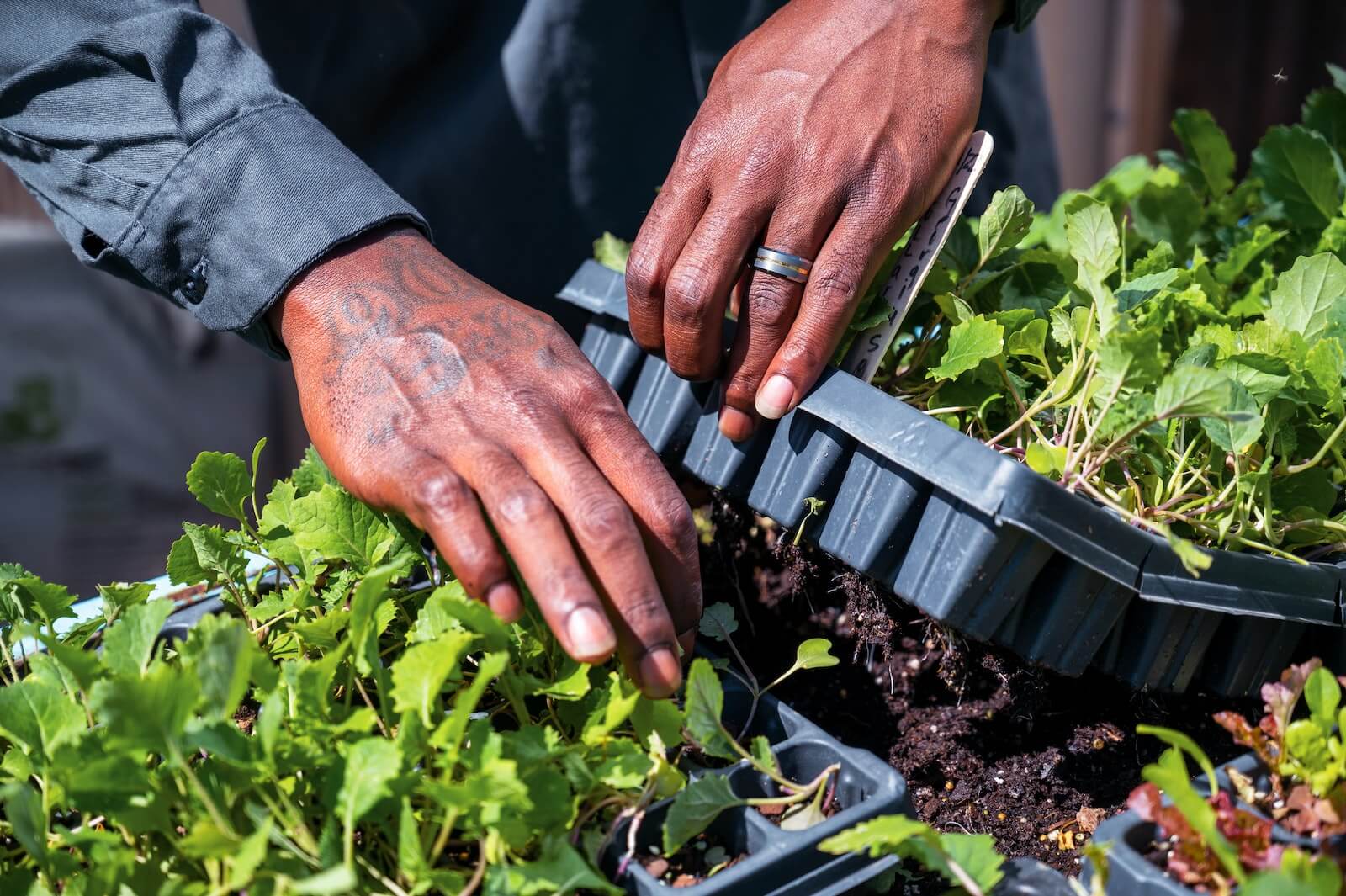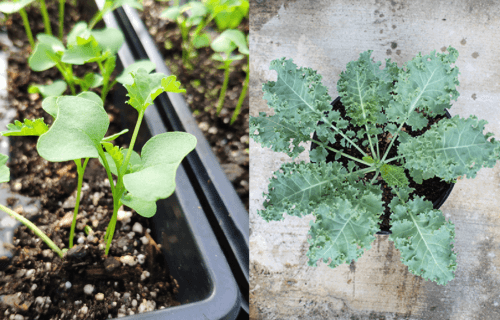SAN FRANCISCO — Farmers may want to think about harvesting their crops a little earlier. Consuming “microgreens,” which are harvested before reaching full maturity, is more beneficial to health than eating mature vegetables, a new study explains.
During a study on mice consuming high-fat diets, scientists discovered that while both mature and immature vegetables helped restrict weight gain, the microgreens had significantly higher amounts of compounds beneficial to gut health. Some of these compounds might even help protect against cancer. Microgreens, which are a stage between sprouts and baby greens, are comparable to the plant world’s toddlers and can be harvested shortly after their first leaves appear.
The study, conducted by researchers working with the American Chemical Society (ACS), aimed to determine the validity of claims that microgreens, which can be easily cultivated at home, are superfoods. They also sought to compare their nutritional value with their mature counterparts.
The initial focus of the research was on red cabbage. While both the mature and microgreen versions of red cabbage helped prevent weight gain in mice on a high-fat diet, their nutrient profiles varied with age. The microgreens had a notably higher concentration of glucosinolates — compounds containing nitrogen and sulfur which may offer protection against cancer.
“We wondered whether the bioactive components in microgreen kale were different from those in mature kale. And we found that the nutritional composition is very different,” says lead author, Dr. Thomas Wang of the Agricultural Research Service of the U.S. Department of Agriculture (USDA), in a media release.

In their findings, immature kale plants contained approximately five times more glucosinolates than mature ones. Other research also indicates that nutrient levels in several cruciferous vegetables, those in the cabbage family, are higher in younger plants. Both microgreens and mature kale were found to curtail weight gain in mice on high-fat diets. The researchers expect this might be related to the vegetable’s effect on the animals’ microbiome, or the community of gut bacteria.
Although kale of any age diversifies gut bacteria, this effect is more pronounced with microgreens. While further studies on human health implications are required, the researchers highlight the significance of their findings, especially since a more diverse bacterial composition in the gut is associated with better health.
Upcoming research, in collaboration with the USDA and the University of Maryland, will delve into other cruciferous plants and their distinct health advantages. The team says its goal is to create alternatives to vegetables they might not prefer.
“For instance, for people who don’t like broccoli, can we find some other vegetable they like better that has similar health effects?” asks Dr. Wang.
Additionally, there’s potential to adjust the flavor profiles of these vegetables. Health-promoting compounds in vegetables, such as glucosinolates, are responsible for their bitter taste. However, the researchers hypothesize that these bitter compounds might exist in amounts exceeding what’s needed for their health benefits. If proven true, breeding vegetables with reduced levels of these compounds could minimize their bitterness, making them more appealing to a broader audience.
The findings were presented at the ACS Fall 2023 meeting in San Francisco.
South West News Service writer James Gamble contributed to this report.

